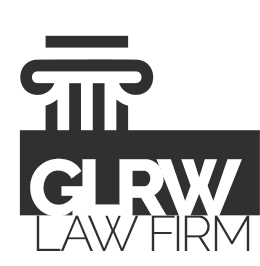
28 Jun What a New Jersey Landlord should do when a tenant files bankruptcy?
Dealing with a tenant filing for bankruptcy can be a maze of legal complications and uncertainties. For New Jersey landlords, it’s crucial to navigate these waters with precision and understanding, ensuring you remain compliant while protecting your interests.
Understanding Bankruptcy and Its Impact on Rental Agreements
When a tenant files for bankruptcy, a landlord needs to understand the type of bankruptcy filed—Chapter 7 (liquidation) or Chapter 13 (reorganization)—as this determines the next steps. Bankruptcy puts an immediate hold on all attempts to collect debts, known as the automatic stay, affecting evictions, pending lawsuits, and even rent collection.
Under Chapter 7, the trustee can decide whether to assume or reject the ongoing rental agreement, potentially leading to the tenant vacating the property. For Chapter 13 filings, tenants typically continue occupying the rental unit while restructuring their debt, which may include past due rent.
Immediate Steps to Take After a Tenant Files for Bankruptcy
Upon learning of a bankruptcy filing, landlords should immediately cease all communication with the tenant regarding debt collection to comply with the automatic stay. It’s then crucial to file a proof of claim with the bankruptcy court, stating the amount owed, including back rent and potential future losses.
Landlords should carefully monitor the bankruptcy proceedings to protect their interests and consider contacting a bankruptcy attorney to navigate the filing’s implications on their rental business.
Navigating the Automatic Stay and Eviction Process
The automatic stay, a critical component of the bankruptcy process, prevents landlords from evicting tenants solely for filing bankruptcy. However, exceptions exist, such as when eviction proceedings began before the bankruptcy or if the landlord can prove the tenant is endangering the property or using illegal substances on premises.
To move forward with an eviction under these exceptions, a landlord must file a motion with the bankruptcy court to lift the automatic stay. This requires demonstrating a compelling reason for eviction that outweighs the tenant’s bankruptcy protections.
Seeking Legal Advice: When and Why
Navigating a tenant’s bankruptcy can be fraught with legal pitfalls and complexities. Seeking the advice of a knowledgeable bankruptcy attorney is not just beneficial; it’s instrumental in ensuring compliance with bankruptcy and landlord-tenant laws.
An attorney can provide guidance on filing claims, pursuing evictions if necessary, and protecting your rental income during and after the tenant’s bankruptcy proceedings. Their expertise can be pivotal in minimizing financial losses and navigating the legal maze of tenant bankruptcy effectively.
Ultimately, the goal is to mitigate risks and ensure that both the landlord’s rights and the tenant’s bankruptcy protections are respected, fostering an outcome that minimally impacts the landlord’s rental business.
In the complex landscape of New Jersey real estate and bankruptcy laws, understanding your rights and responsibilities as a landlord is crucial. By promptly taking appropriate steps and seeking legal counsel, you can navigate your tenant’s bankruptcy with confidence, minimizing its impact on your rental business.




Sorry, the comment form is closed at this time.